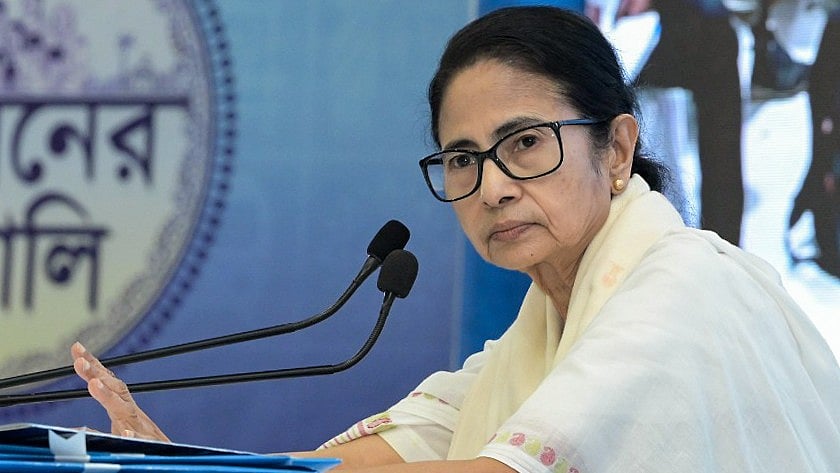As Valentine’s Day approaches, there is a flurry of activity. Plans are being made to spend time with loved ones. Some may protest against the day. And yet, whether we consider the day or not, everyone wants love irrespective of age, gender, relationship and religion. At the same time, few understand what love is. Our ideas of love have largely come from the media, which portray a distorted version and that too, primarily of romantic love. In my workshops, during reading and research into ancient and modern literature and observations of society across generations, I have come to some understanding of what healthy love is.
‘If one cares for the security, happiness and growth of another person as much as their own then I love the person’ — This looks like a simple straightforward definition of healthy love. It is not easy to live by it.
If I care for the security, happiness and growth of another person more than my own, then I am dependent on the person. If the care for the person is much less than the care for me, then my love may be wanting. If I care for the security then I will not be abusive verbally or in any other way however angry I am. There will be happiness in regular acts. To strike the balance to care equally for both requires a certain psychological maturity plus some spiritual maturity too.
This kind of healthy love can be present between anyone. If there is a sexual element to it, it can be romantic. If it has a nurturing element, it can be more like parenting or looking after one’s parents. This working definition of healthy love can work across relationships. One will be restricted in the number of people we can love in this manner. It takes commitment. Love for everyone requires some spiritual growth but the groundwork is to learn to love in a way that we can care equally for the security, happiness and growth of the other person. Then we can consider other dimensions of love.
(The writer is the founder of Aarsha Vidya Foundation. You can write to him at aarshavidyaf@gmail.com)











